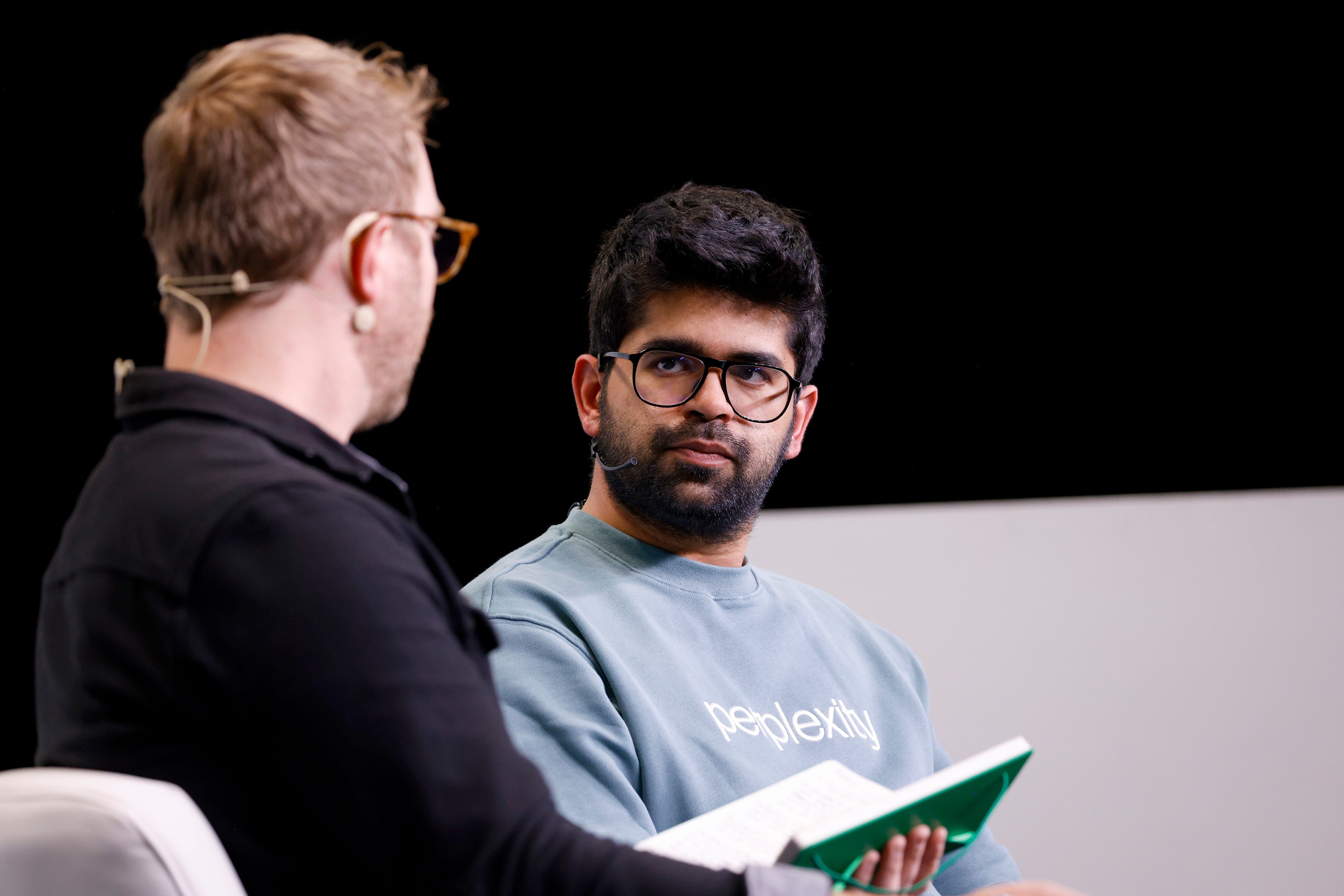
Kimberly White/Getty Images for TechCrunch
Perplexity CEO Aravind Srinivas has some advice for young entrepreneurs: expect your idea to be copied.
Srinivas said that bigger companies will “copy anything that’s good” while speaking at Y Combinator’s AI Startup School. At launch, Perplexity allowed its chatbot to crawl the web. Now, competitive products from OpenAI, Anthropic, and Google have similar web-browsing functionality.
Speaking to an audience of undergraduate, graduate, and Ph.D students, the Perplexity CEO began his advice by telling them to “work incredibly hard.”
Don’t be surprised, he added, if larger players later play copycat.
“If your company is something that can make revenue on the scale of hundreds of millions of dollars or potentially billions of dollars, you should always assume that a model company will copy it,” Srinivas said.
Srinivas listed the reasons bigger companies may copy burgeoning founders: “They raise like tens of billions or close to 50 billion and they need to justify all that CapEx spend, and they need to keep searching for new ways to make money,” he said.
“They will copy anything that’s good. I think you got to live with that fear,” Srinivas said.
Perplexity was founded as an “answer engine” that looked to provide precise, consolidated answers based on web searches. At the time of Perplexity’s debut, many other chatbots were restricted to responding based only on their training data, which typically has a knowledge cutoff of months in the past.
Perplexity released its answer engine in December 2022. Google’s Bard — which it has since rebranded as Gemini — launched internet-crawling abilities at launch three months later. In May 2023, ChatGPT followed suit. Anthropic’s Claude can search the web in real time as of March 2025.
Perplexity’s head of communications, Jesse Dwyer, wrote in a follow-up statement to Business Insider that bigger companies will not only copy, but also “do everything they can to drown your voice.”
Perplexity launched its Comet browser on July 9, and OpenAI has yet to formally announce a browser. Later that day, Reuters reported that OpenAI was working on a web browser that would challenge Google Chrome.
“Browser wars should be won by users, and if users lose Browser War III, it will be from a familiar playbook: monopolistic behavior by an ‘everything company’ forcing its product on the market,” Dwyer wrote. “In this sense, whatever OpenAI builds as a browser will be no different than Google’s.”
OpenAI did not respond to a request for comment on Srinivas and Perplexity’s remarks.
The post Perplexity CEO says tech giants ‘copy anything that’s good’ as the AI web-browser war heats up appeared first on Business Insider.




